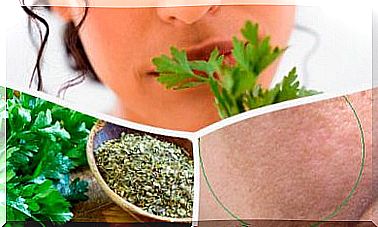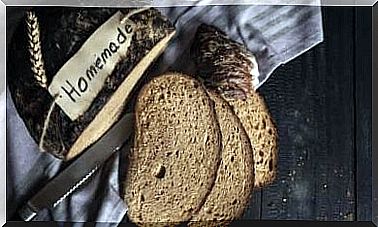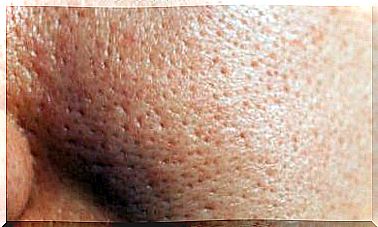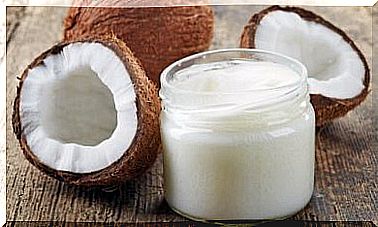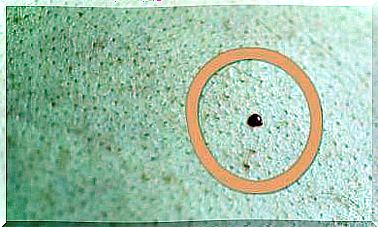Medicinal Plant Ribwort
Knowledge of the medicinal plant ribwort used to be almost part of general knowledge. Today this is unfortunately lost.
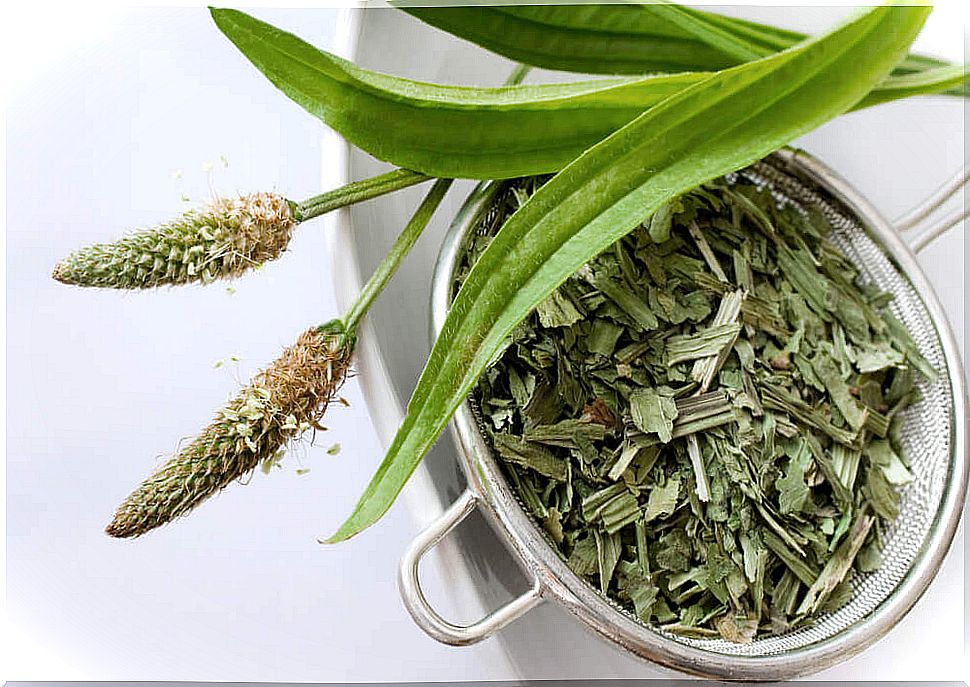
Ribwort plantain contains many useful ingredients and can therefore be used in many ways in naturopathy. Many know that the elongated leaves help with insect bites, but the medicinal plant can do so much more!
Recognize ribwort
Ribwort plantain grows in meadows and along roadsides. It grows herbaceous and has inconspicuous, small white flowers on a slightly woody stem up to 50cm long.
Its long leaves spread out on the ground like a rosette and have clear longitudinal ribs.
Sometimes the leaves shoot out of the ground like lances. Not everywhere you German speaks is Plantain also known by this name.
Perhaps you know it as a medicinal plantain, lambs tongue, rib herb, lung leaf, seven ribs, pikewort, path width, pointed path leaf or medicinal herb? There are sure to be more names!
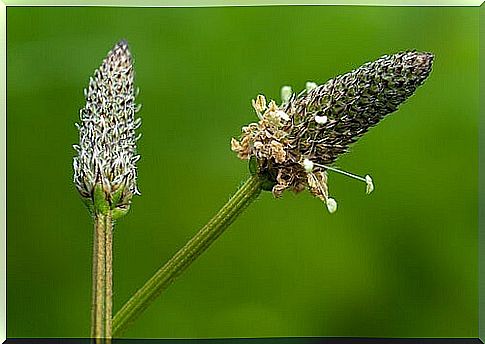
Beneficial ingredients
The ribwort is extremely interesting for natural medicine because it has many valuable ingredients whose effectiveness has been scientifically proven:
- Aucubin
- Catalpol
- Asperuloside
- Mucilage
- Tannins
- Silica
- Saponin
Many of these substances won’t tell you anything, but they are medically effective, so ribwort is used in many areas and has more than one purpose. The ingredients have an anti-inflammatory, anti-irritant, antitussive, antibacterial and astringent effect.
Due to the mucous substances it contains, the herb also has a soothing effect on sore throats, because it forms a soothing protective film on the mucous membranes.
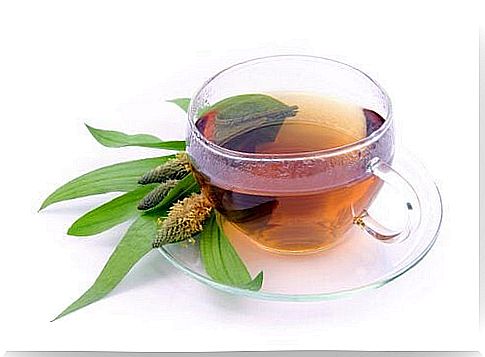
application areas
Due to the large number of effective ingredients, ribwort is beneficial in many ways and is used for the following ailments:
- respiratory symptoms
- to cough
- Inflammation of the throat and lining of the mouth
- Skin injuries
- Eczema
- Insect bites
The classic application is to crush a leaf on the skin after insect bites to reduce itching and prevent inflammation.
For other uses, infusions, juice or syrup are recommended.

Recipe for cough syrup with ribwort
You can of course buy the syrup ready-made at the pharmacy, but making it yourself is always fun! You need:
- At least 2 handfuls of ribwort leaves
- At least 1/4kg of sugar
Preparation is simple: wash the leaves thoroughly clean and carefully pat them dry with a kitchen towel.
Then cut the leaves across the ribs into about 1cm pieces and fill the pieces about 1cm high in a clean jam jar.
Cover the layer of leaves with a layer of sugar and repeat the procedure until the leaves are all processed. Finish with a layer of sugar.
Shake the glass and use a spoon or other object to squeeze the leaves and sugar together so that there is as little air as possible in the glass. Make sure that no leaves are sticking out of the sugar at the top.
Let the jar sit in the refrigerator for a few weeks. The longer the better! If you want to use the syrup, carefully place the jam jar in a water bath and gently heat the contents until the sugar has dissolved. Please don’t cook!
Pour the finished syrup through a sieve and take it several times a day if you have a cough.
Other uses
Plantain is also offered as a dried tea. This helps well with coughs, as it soothes irritations and has a somewhat expectorant effect.
But if you want to use ribwort as a herbal antibiotic against bacteria or inflammation, tea is unsuitable.
The antibiotic active ingredients do not like heat and so there is little of it in a tea.
If you want to use the active ingredients against inflammation in the mouth or sore throat, you should get pure pressed juice from the pharmacy. Gargling several times a day with undiluted press juice helps.
A small bottle of pressed juice in the refrigerator is also ideal for treating scratches, skin irritations, insect bites, burns or minor inflammations.
Drip the press juice directly onto a cotton pad and dab it on the affected area of skin. Repeat this several times a day to aid healing.
The active ingredients from ribwort are also used in isolation in creams and ointments that you can buy in the pharmacy.
